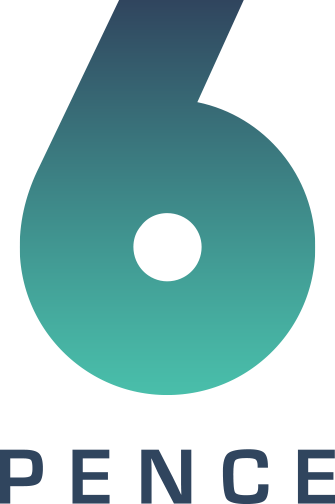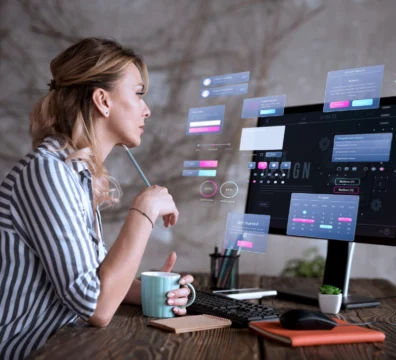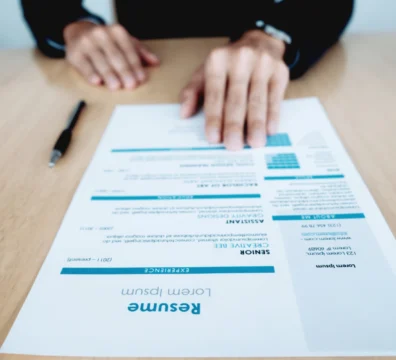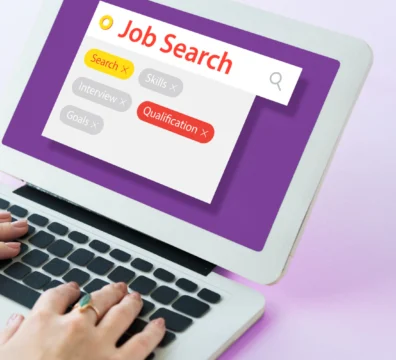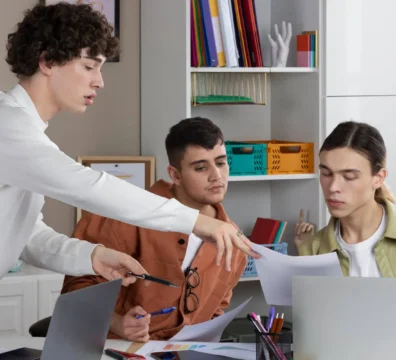Is a cover letter even relevant in 2024? Well, what with ATS-compliant resumes and hiring through online job boards, many of you might feel the cover letters have become redundant and old school. But, let us tell you, it is still very much relevant.
Cover letters are still very much in demand by recruiters and hiring managers, and can help you different yourself from competition. But just writing another generic cover letter won’t cut the ice. There is an art to writing an effective cover letter, which can help your CV shine.
So, how to write a cover letter that can help you land your dream job?
What is a Cover Letter?
Firstly, your cover letter is not your resume or CV. It is an extra document that you can attach to your resume and is usually one page long. It acts like a self endorsement for yourself, where you tell the company and the hiring manager why you are the right person for the role and how you can contribute towards organisational success.
An effective cover letter is not a synopsis of your resume but an opportunity to explain any aberration or particular point that might be present on your CV.
Here are some things that an effective cover letter can convey:
- Provide a more personal introduction and give a peek into your personality
- Show employers why you are eager to work with them and why you are the best fit
- Explain situations like employment gap, over-qualification for the role, or even under-qualification
Here is a template for a simple effective cover letter:
- Contact information (Name, email address, phone number)
- Hiring manager’s name and title
- A greeting
- An opening paragraph with a hook line
- Body paragraph
- Concluding paragraph
- Sign-off
Remember, an effective cover letter is one that has been personalised for the particular role and the company.
Step-by-step Guide To Write An Effective Cover Letter
We have taken some advice from our expert recruiters to compile a stepwise guide on how to write perfect cover letter for any job. So, read on:
Learn About The Company and Hiring Manager
Thanks to the power of the Internet, nothing remains hidden. So, become a detective and find out about your potential employer, any latest project, their company culture, and the top management. This will help you to tailor your cover letter accordingly.
LinkedIn can help you learn about the hiring manager, and you can reach out to them and ask them smart questions regarding the role or the opportunity. You can allude to this when starting a cover letter.
Even if you don’t get a reply, you can always use the hiring manager’s name to address the cover letter directly to them.
Open With An Engaging Hook
One of the most important tips for writing an effective cover letter is to catch the recruiter’s attention within the first two lines.
Instead of just saying, “I am Jasmine, applying for the role of an IT specialist,”” you can start by writing, “I am an expert Oracle-certified professional with over 5 years of experience, and I’m looking for an opportunity to apply my skills and contribute to your organisation’s overall success.”
It is best to avoid humour, as not everyone will have the same taste in it, and it can backfire on you.
Address the Hiring Manager By Name
Which approach do you think will be more effective: “Dear Hiring Manager” or “Dear Salma Ahmed”? The latter, right?
Addressing the hiring manager by name can help build rapport and leave a mark. A generic greeting like “To whom it may concern” can make your cover letter flat.
Tell the Hiring Manager Why You Are The Right Person for The Job
To write an effective cover letter, don’t tell the hiring manager why the role is great for you, rather you need to tell why you are great for the role.
Read the job description carefully—it will give you an idea about responsibilities, expectations, and challenges. Study how your qualifications and expertise can help address all these points.
But keep it short and crisp—you don’t want to lose the recruiter’s attention or come across as boastful. You can also add praise that an ex-colleague or client may have said to you.
For example:
“When I was heading the merger and acquisition on behalf of my company, my attention to detail towards the logistics and operations was legendary; my manager alluded to me by saying that I was so meticulous that she would trust me with planning a Mars mission.”
Finish Strong
The closing paragraph is the last opportunity to leave an indelible mark on your recruiter. Instead of saying, “I look forward to hearing from you”, you can say, “I would be happy to relocate for this opportunity.”
Or you can even say, “I believe my qualification and enthusiasm towards will contribute towards the future objectives of XYZ Co. I would love to meet with you soon to discuss the value I will bring to the role of an Associate Director of Sales.”
Revise
It is human to err, so it is important to double-check before hitting the send button. Check the spelling, grammar, and information twice. You can even ask a friend or relative to do the checking on your behalf.
How 6 Pence Helps
An effective cover letter can be the difference between getting a call for an interview and getting ignored. So, make sure you know the best ways to writing an effective application letter.
6 Pence is a leading staff outsourcing company for many reputable companies in the Middle East. We are operational in Oman, Bahrain, Iraq, and Dubai. Visit our careers page to submit your CV and cover letter to us.
Frequently Asked Questions
What makes an effective cover letter?
An effective cover letter contains a few important features like your understanding of the role and the organisation, and how your skills and qualities are the right fit for the company.
How to end a cover letter?
When writing an effective cover letter, you must pay heed to the closing as well. Make sure your conclusion appears confident, passionate, and should state your desire for the roles and goals.
What are the four key parts of an effective cover letter?
The 4 parts of an effective cover letter includes the following:
- Contact information
- Introduction paragraph
- Body paragraph
- Concluding paragraph
